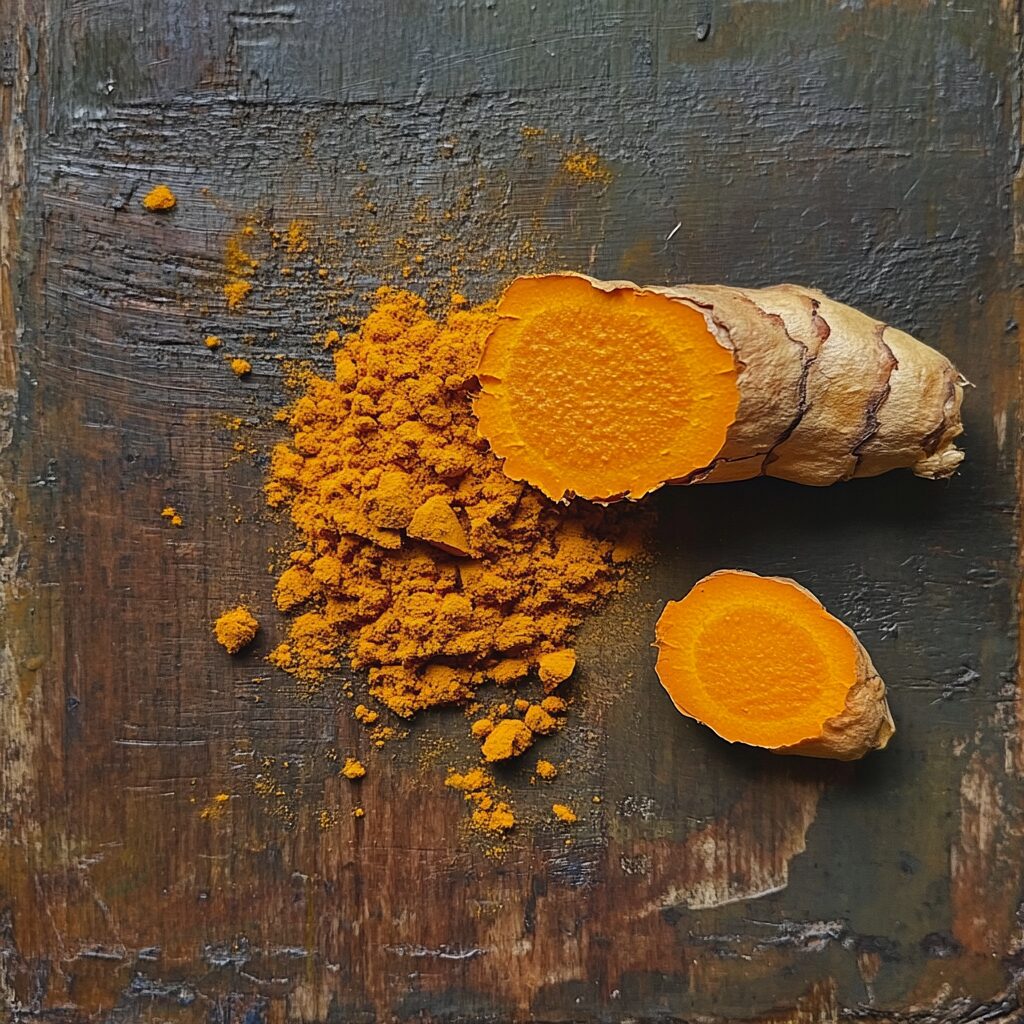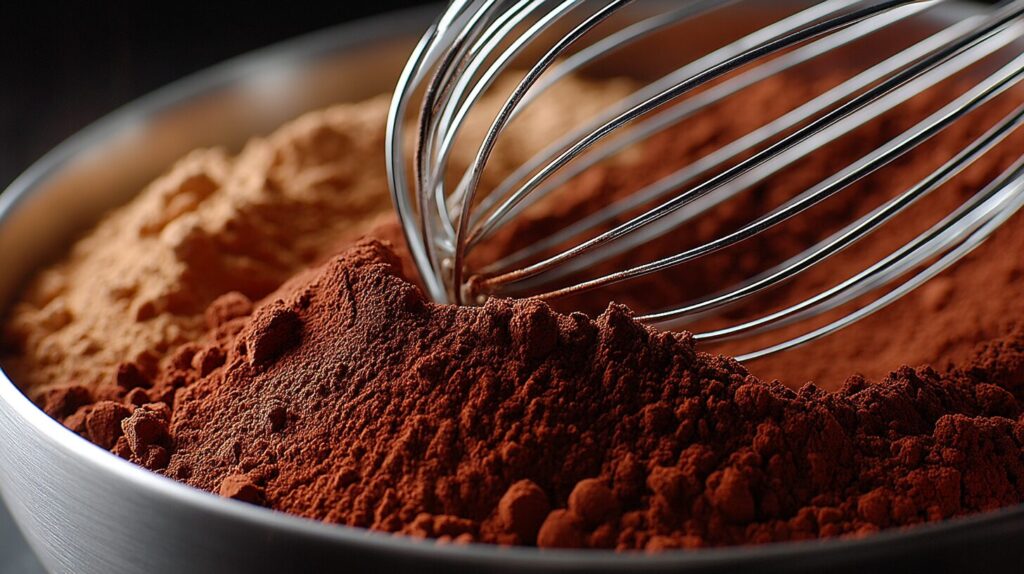Studies indicate that specific foods contain anti-inflammatory compounds and essential nutrients that help lower chronic inflammatory markers. Incorporating these powerhouse ingredients into your diet can support overall health and well-being. Here are some of the top anti-inflammatory foods to consider adding to your meals today.
What are anti-inflammatory foods?
Anti-inflammatory foods are those that help reduce inflammation in the body, which is a natural response to injury or infection but can become harmful when chronic. Chronic inflammation is associated with various health conditions like heart disease, diabetes, and arthritis. By incorporating anti-inflammatory foods into your diet, you can potentially support your overall health and reduce the risks of such diseases.
Some of the most well-known anti-inflammatory foods include fruits like berries and oranges, which are rich in antioxidants and vitamin C. Leafy greens like spinach and kale are also excellent choices, as they contain compounds that combat inflammation. Healthy fats found in foods like olive oil, avocado, and nuts are beneficial, along with fatty fish such as salmon and mackerel that are high in omega-3 fatty acids, which have strong anti-inflammatory properties.
Spices such as turmeric and ginger also play a key role, thanks to their active compounds like curcumin and ginger. Whole grains, legumes, and green tea can further complement a diet aimed at reducing inflammation. Ultimately, an anti-inflammatory diet emphasizes whole, minimally processed foods while reducing the intake of refined sugars, trans fats, and processed items.
Diet plays a crucial role in managing chronic inflammation, acting as either a contributor or a remedy. While no single food directly triggers or prevents inflammation, consuming processed foods and processed meats can encourage inflammatory responses. On the other hand, various nutrient-rich foods contain compounds that have been scientifically proven to lower inflammatory markers and support overall health. Examples of anti-inflammatory compounds and anti-inflammatory nutrients include:
- Omega-3 Fatty Acids: These healthy fats, particularly EPA and DHA, have been shown to help moderate inflammation in the body and help reduce the risk and symptoms of metabolic syndrome and heart disease
- Antioxidants: These compounds help to delay or prevent the oxidation caused by free radicals, which can cause inflammation. Antioxidants such as vitamin C, vitamin E, beta-carotene, and selenium can help to neutralize these harmful free radicals.
- Polyphenols: These naturally occurring plant compounds have been shown to reduce inflammation by modulating several inflammation-associated cell signaling pathways.
- Fiber: A high fiber diet may help to reduce inflammation by promoting gut health, and higher fiber intakes have been associated with lower inflammation.
- Probiotics: Certain strains of probiotic bacteria, Lactobacillus and Bifidobacterium, have been shown to improve immune responses and potentially alleviate inflammatory conditions
Certain healthy foods, also known as whole foods, such as fish, whole grains, nuts, seeds, fruits, and vegetables, contain higher levels of compounds with anti-inflammatory effects and are, therefore, often referred to as “anti-inflammatory foods”.
List of Anti-Inflammatory Foods
Here is a list of some of the best anti-inflammatory foods you can add to your diet.
1. Curcumin
Curcumin is the main ingredient in turmeric, a spice known for its health benefits. It helps fight inflammation and has strong antioxidant properties, which can be useful for conditions like arthritis, heart disease, and more.
To make curcumin work better in your body, it’s often paired with black pepper. Black pepper contains piperine, which boosts how much curcumin your body can absorb. Eating curcumin with healthy fats, like those in nuts or olive oil, also helps your body use it better.

2. Ginger
Ginger is the root of the Zingiber officinale plant and has been used in traditional Chinese medicine and Ayurveda for thousands of years. Dosages of 1 to 3 grams are commonly used as a preventative treatment for nausea, morning sickness, and motion sickness
Some studies have shown ginger to have a small positive effect on inflammation for osteoarthritis, high cholesterol, muscle recovery, athletic performance, and metabolic health
3. Fatty Fish
Fatty fish, such as salmon, mackerel, tuna, sardines, and anchovies, are good sources of omega-3 fatty acids EPA and DHA, which are well-known for their anti-inflammatory properties. EPA specifically has been shown to stabilize cell membranes and inhibit lipid oxidation, which can help improve cell signaling and reduce inflammation
In addition to eating fish, evidence suggests that fish oil supplementation may benefit certain chronic inflammatory conditions such as systemic lupus erythematosus and rheumatoid arthritis

4. Olive Oil
Olive oil, especially extra virgin olive oil, is a cornerstone of the Mediterranean diet and an excellent source of healthy fats. Its anti-inflammatory benefits stem from its richness in monounsaturated fatty acids and antioxidants. Regular consumption of olive oil has been linked to improved heart health, lower blood pressure, enhanced insulin sensitivity, and a reduced risk of overall mortality.
5. Berries
Berries like blueberries, raspberries, strawberries, and blackberries are packed with anti-inflammatory compounds that help combat inflammation. They contain anthocyanins, flavonols, and phenolic acids, which vary in concentration depending on the type of berry. These compounds play a key role in regulating pro-inflammatory markers, enhancing antioxidant enzymes, and influencing signaling pathways.
In addition to their powerful anti-inflammatory properties, berries are an excellent source of fiber and vitamin C, which further amplify their health benefits.

6. Beets
Beets are abundant in betalains, natural water-soluble pigments that not only give them their vibrant color but also offer potent antioxidant and anti-inflammatory benefits. Additionally, they are rich in naturally occurring nitrates, which help reduce inflammation by eliminating harmful compounds from the bloodstream.
Research involving humans has demonstrated that supplementing with beetroot or beetroot juice can lower blood pressure, reduce inflammation, and combat oxidative stress. Furthermore, several studies suggest that beetroot supplementation may improve athletic performance by alleviating muscle fatigue during intense exercise.
7. Citrus Fruit
Citrus fruits, like oranges, are excellent sources of vitamin C and flavonoids, which help combat oxidative stress and support immune function, offering notable anti-inflammatory benefits. A single medium orange provides close to the recommended daily intake of vitamin C for most adults. Additionally, research indicates that consuming 100% orange juice may lower levels of inflammatory markers such as C-reactive protein (CRP) and Interleukin-6 (IL-6).

8. Leafy Green Vegetables
Leafy green vegetables like spinach, kale, and collard greens are packed with antioxidants such as vitamins C, A, and K, which help safeguard cells from damage caused by free radicals and lower inflammatory markers associated with various diseases. Additionally, they are excellent sources of fiber, supporting gut health and aiding digestion.
9. Tomatoes
Tomatoes are a valuable addition to an anti-inflammatory diet due to their high content of lycopene, a potent antioxidant known for its anti-inflammatory effects. Lycopene has been linked to numerous health advantages, including potential protection against heart disease and certain types of cancer.
To maximize lycopene absorption, it is recommended to consume tomatoes cooked, as cooking enhances the availability of this antioxidant. Pairing them with a healthy fat like olive oil further boosts lycopene absorption, as it is a fat-soluble carotenoid. This combination not only enhances the health benefits of tomatoes but also makes for a delicious and nutritious choice in any meal.

10. Broccoli
Broccoli is a powerful anti-inflammatory food, packed with beneficial compounds such as sulforaphane and quercetin. Sulforaphane has been shown to suppress the production of inflammatory substances and lower inflammatory markers, while quercetin, a strong antioxidant flavonoid, plays a key role in regulating multiple signaling pathways involved in the inflammatory process.
11. Walnuts
Walnuts are a great source of alpha-linolenic acid (ALA), an omega-3 fatty acid well known for its anti-inflammatory effects. They also contain anti-inflammatory compounds in the form of including polyphenols, which help to protect against oxidative stress and inflammation.
Walnuts may also help to reduce inflammation by supporting beneficial gut bacteria due to their fiber content and a subgroup of polyphenols known as ellagitannins, which are converted by gut bacteria into metabolites called urolithins, and may further protect against inflammation.

12. Pineapple
Pineapples contain bromelain, a proteolytic enzyme with anti-inflammatory properties. Supplementation of bromelain has been shown to reduce nasal inflammation, benefit the immune system, and protect the body from cancer.
Some studies have also found that bromelain may aid with osteoarthritis, rheumatoid arthritis, muscle recovery, and knee pain.
13. Cherries
Cherries, especially tart varieties, are celebrated for their ability to positively influence inflammatory markers. These fruits are packed with polyphenols and vitamin C, both of which exhibit strong antioxidant and anti-inflammatory properties. Studies have demonstrated that consuming cherries can significantly reduce markers of oxidative stress, inflammation, and blood pressure.
Furthermore, supplementation with tart cherry has been found to alleviate exercise-induced muscle soreness, enhance recovery following both prolonged aerobic and resistance exercises, and accelerate the return to baseline levels of muscular strength and power. These benefits make cherries a valuable addition to diets aimed at improving overall health and athletic performance.

14. Green Tea
Green tea, such as matcha, contains compounds known as epigallocatechin-3-gallate (EGCG), which have been shown to have anti-inflammatory properties (43). Compared to other varieties of tea, such as black and oolong, green tea is made from unfermented leaves, which contain high levels of antioxidants.
Research has found that consuming green tea is associated with a reduced risk for heart disease, Alzheimer’s disease, cancer, and other chronic diseases
15. Cacao
Cacao, the raw, less processed form of chocolate, is packed with antioxidants and flavonoids that may help reduce inflammation. Unlike cocoa, which undergoes more processing, cacao retains a higher concentration of beneficial compounds. Research suggests that consuming cacao extract or dark chocolate (at least 70% cacao content) can support better blood flow and enhance insulin sensitivity. While these health benefits are primarily associated with cacao in its raw form or dark chocolate, further high-quality studies are needed to fully understand its impact.

What Foods Cause Inflammation?
Certain foods can trigger inflammation in the body, which may contribute to chronic health conditions like diabetes, heart disease, and arthritis. Here are some common culprits:
- Red and Processed Meats – Foods like steak, hamburgers, bacon, sausage, and deli meats contain saturated fats that can promote inflammation
- Refined Carbohydrates – White bread, pasta, and rice lack fiber and can lead to increased inflammation
- Sugar-Sweetened Foods and Drinks – Soft drinks, candy, and desserts can disrupt insulin processing and trigger inflammatory responses
- Processed Foods – Packaged snacks, margarine, flavored yogurts, and microwaveable meals often contain additives that may contribute to inflammation
- Trans Fats and Omega-6 Fatty Acids – Found in fried foods and some vegetable oils, these fats can promote inflammation
Enjoying all foods in moderation is key. Strict diets that eliminate flexibility and occasional indulgences can be tough to maintain long-term.
When it comes to eating, focus on balance and give yourself grace. Incorporating more anti-inflammatory foods can support your overall well-being, but treating yourself every now and then is perfectly fine. The most important thing is consistency—making mindful, healthy choices most of the time.